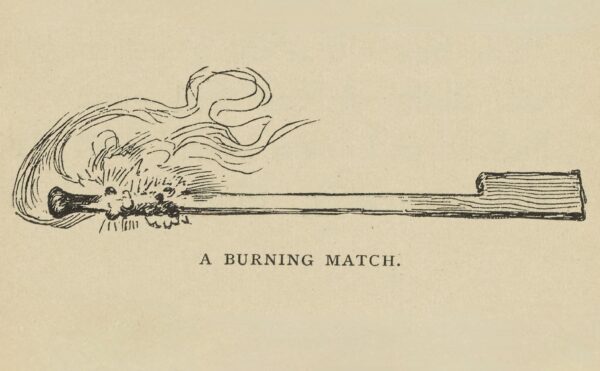
HISTORY This Week: The Sky Is Falling
History Channel podcast features Institute’s oral history interview with Nobel laureate and ozone savior Mario Molina.
The Science History Institute’s oral history interview with Nobel Prize-winning scientist Mario Molina (pictured left) was featured in HISTORY This Week, a podcast series produced by HISTORY (formerly the History Channel). The episode features excerpts from his 2013 interview and reveals how the Mexican chemist “contributed to our salvation from a global environmental problem that could have catastrophic consequences.”
Molina was the first to notice that chlorofluorocarbons—better known as CFCs—had the potential of destroying the Earth’s protective ozone layer. He shared the 1995 Nobel Prize in Chemistry with his mentor, Frank Sherwood Rowland, and Dutch scientist Paul Crutzen.
Listen to the oral history interview >>
Above: Mario Molina (left) and Frank Sherwood Rowland at UC Irvine, January 1975. University of California, Irvine
More News
Science History Institute Joins Philadelphia’s 52 Weeks of Firsts Celebration Honoring America’s 250th Birthday
The March 21 event features the Philly-born invention of the first paper match folder.
Science History Institute, Pittsburgh Conference to Present Pittcon Heritage Award to Alexandra Knauer
The CEO and owner of lab instrument manufacturer KNAUER will be honored at the 2026 conference in San Antonio on March 8.
LyondellBasell’s Bob Patel Named 2026 Petrochemical Heritage Award Honoree
The prestigious award will be presented by the Science History Institute and the Founders Club on March 28 during AFPM’s International Petrochemical Conference in San Antonio.



